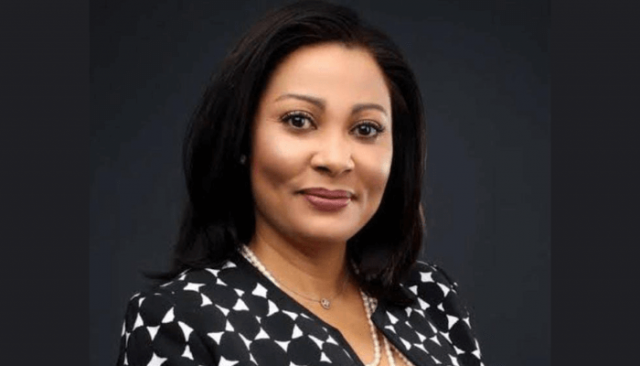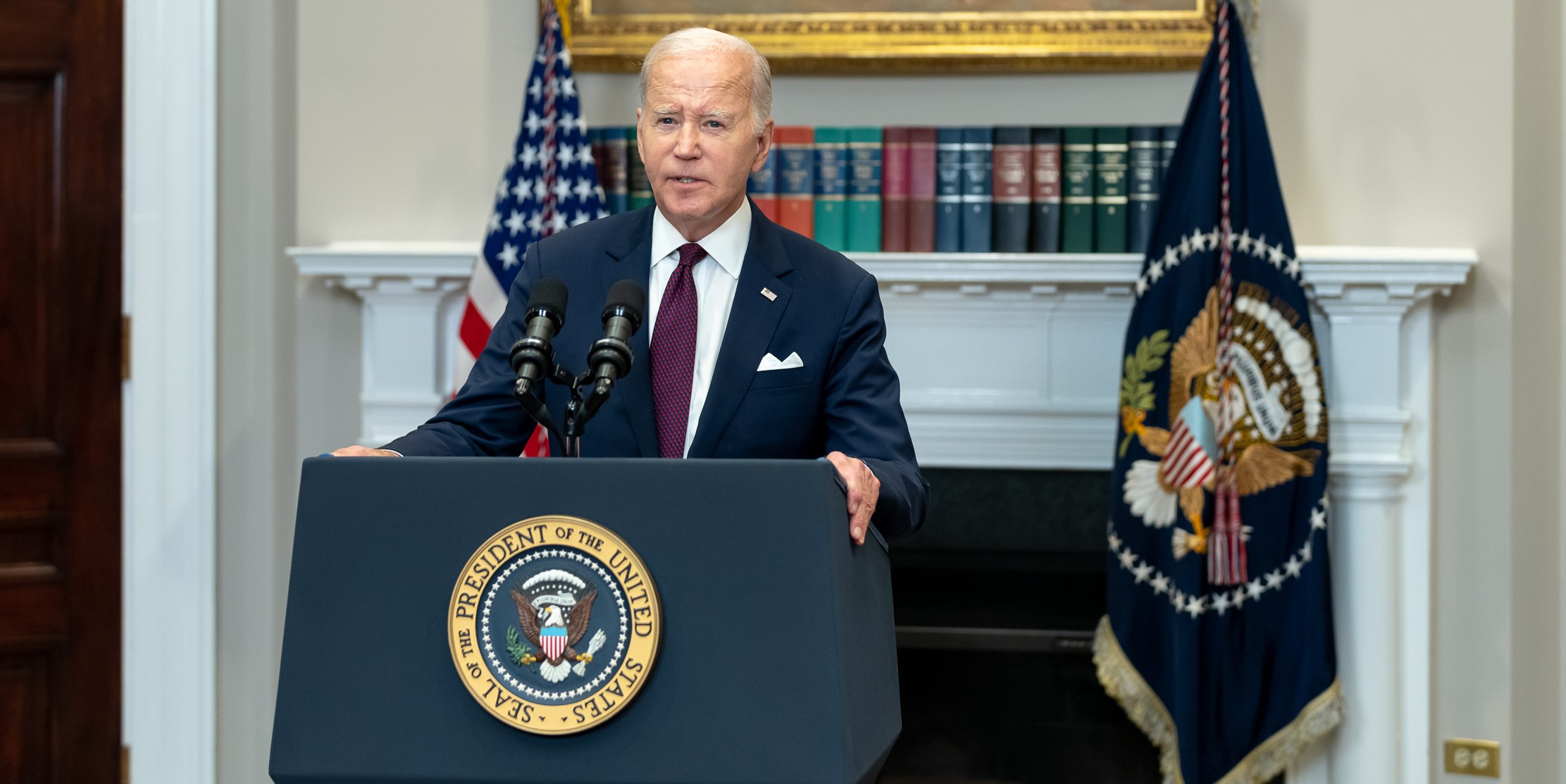World bank responded to Nigerian Minister of women affairs, Mrs Uju Kennedy Ohanenye, on the issue of victimization of $500 million loan.
According to the statement on the Arise Television in today’s news, the Minister blackmailed some persons in the government where she was victimized of refusing to endorse a$500 million of world Bank loan.
She was said to have alleged that staffers of the global financial institution usually collect 40 per cent of every loan granted to Nigeria as consultancy fees.
CLICK TO READ MORE
The ministry, however, later claimed that the minister never made such a claim, but both ThisDay newspaper and Arise Television, which exclusively reported it, have yet to delete the report.
The $500 million is a fresh loan granted by the World Bank to Nigeria’s Ministry of Women Affairs for ‘women projects.’
However, in response to PREMIUM TIMES’ enquiry on the matter, Mansir Nasir, a senior external affairs officer with the World Bank, described the minister’s claims as false. Mr Nasir said the bank does not recruit project staff for any of its loanees.
The $500 million women’s project
In June 2023, shortly after President Tinubu’s inauguration, the World Bank announced its approval of $500 million for the ‘Nigeria for Women Project,’ which is now referred to in full as the (NFWP-SU).
According to the World Bank, the scale-up financing would help support the Nigerian government “to invest in improving the livelihoods of women in Nigeria.”
A product of the partnership between the World Bank, the Bill and Melinda Gates Foundation, Nigeria’s Federal Ministry of Finance, Budget and National Planning and the Federal Ministry of Women Affairs, the first phase of this project is planned to run for five years.
It was designed to start in six pilot states of Abia, Akwa Ibom, Kebbi, Niger, Ogun and Taraba, representing each of the six geopolitical zones of the country.
Allegation
According to the report, the minister claimed there is a $500 million loan that was meant to be signed by her but that she refused to sign it due to certain unclear terms and conditions.
“There was also a case of $100 million earlier as well. Find out what it was meant for,” Mrs Kennedy-Onanenye was quoted as saying by the news channel.
She said: “All the loans they collect, including World Bank loans, etc, are you aware that the same World Bank staff in Nigeria takes back 40 per cent and calls it consultation fees?
“These are things you people should look into. You people should focus on where the problem is and let them leave me alone.”
The minister claimed that her life was “at stake” for refusing to sign the $500 million loan from the World Bank.
“Let me tell you, if I sign that loan today, I am entitled to five per cent of the money, but I refused to sign it. It is part of why the National Assembly and all of them are after me,” she further alleged.
FACTs
However, days after she alleged victimization, the minister in a statement signed by her media aide, Musa Abdulrahman, denied the reports surrounding the $500 million loan.
She described it as “false,” reports claiming she was being victimized for not signing the loan.
She encouraged women-affiliated groups and cooperatives to register on the Nigerian Women E-market portal to access the funds and broaden their socio-economic opportunities.
The new statement, however, said the president has “approved restructuring the loan to remove unnecessary expenditures like consultancies, advocacies and ensure direct benefits like Socio-Economic Empowerment for the target beneficiaries.”
Response from World Bank
In its reaction to the development, the global financial institution said its staff do not collect any consultancy fee and neither do ministers collect five per cent.
“In response to your query, please note that World Bank staff do not receive 40 per cent of project funds as “consultation fees” nor are ministers entitled to five per cent of project funds for signing loan agreements. Both assertions are unequivocally false,” Mr Nasir wrote.
“Recruitment of such staff is purely the responsibility of the government ministry in charge of the project.”
He added that World Bank-funded projects are implemented by recipient governments and that the projects are governed by rigorous policies meant to prevent the misuse of funds and ensure they are used for the purposes intended.







